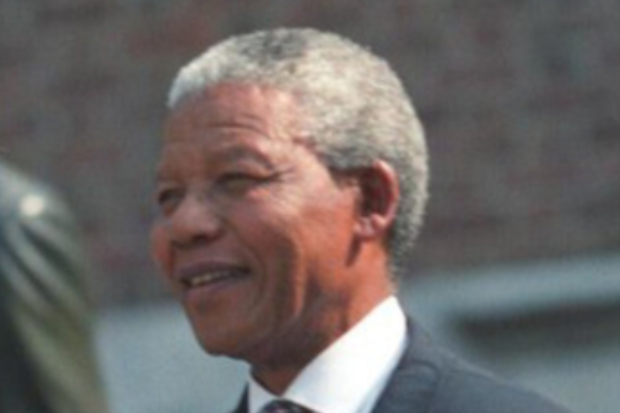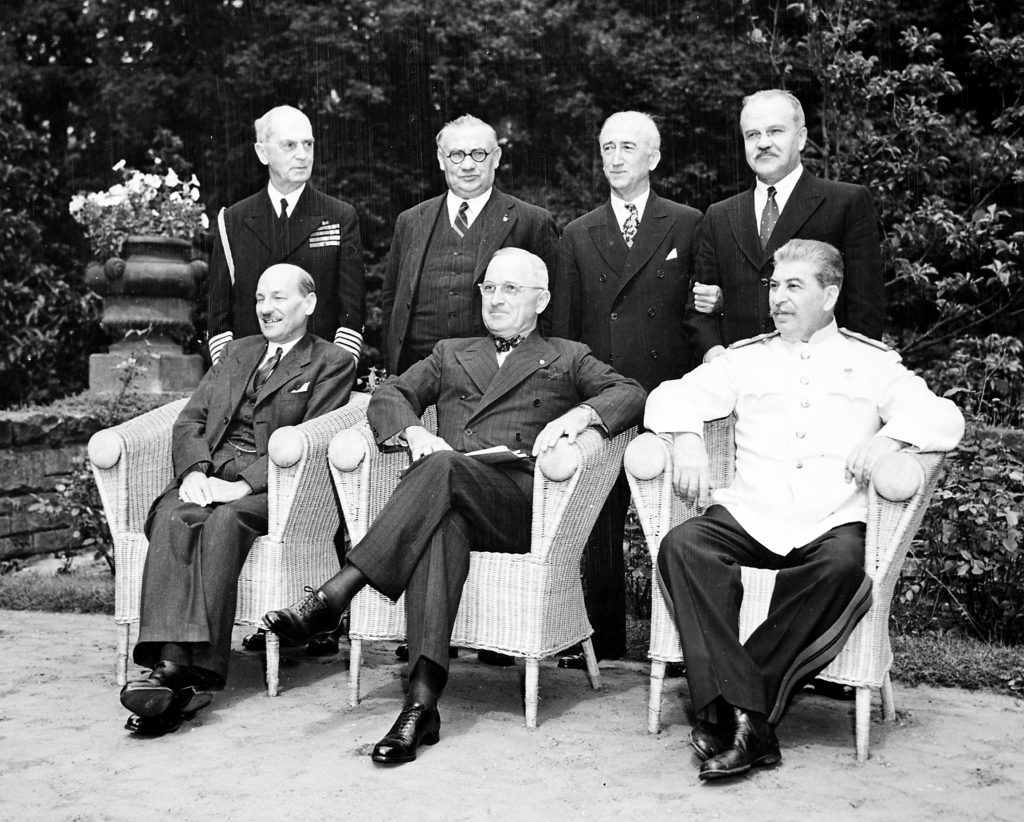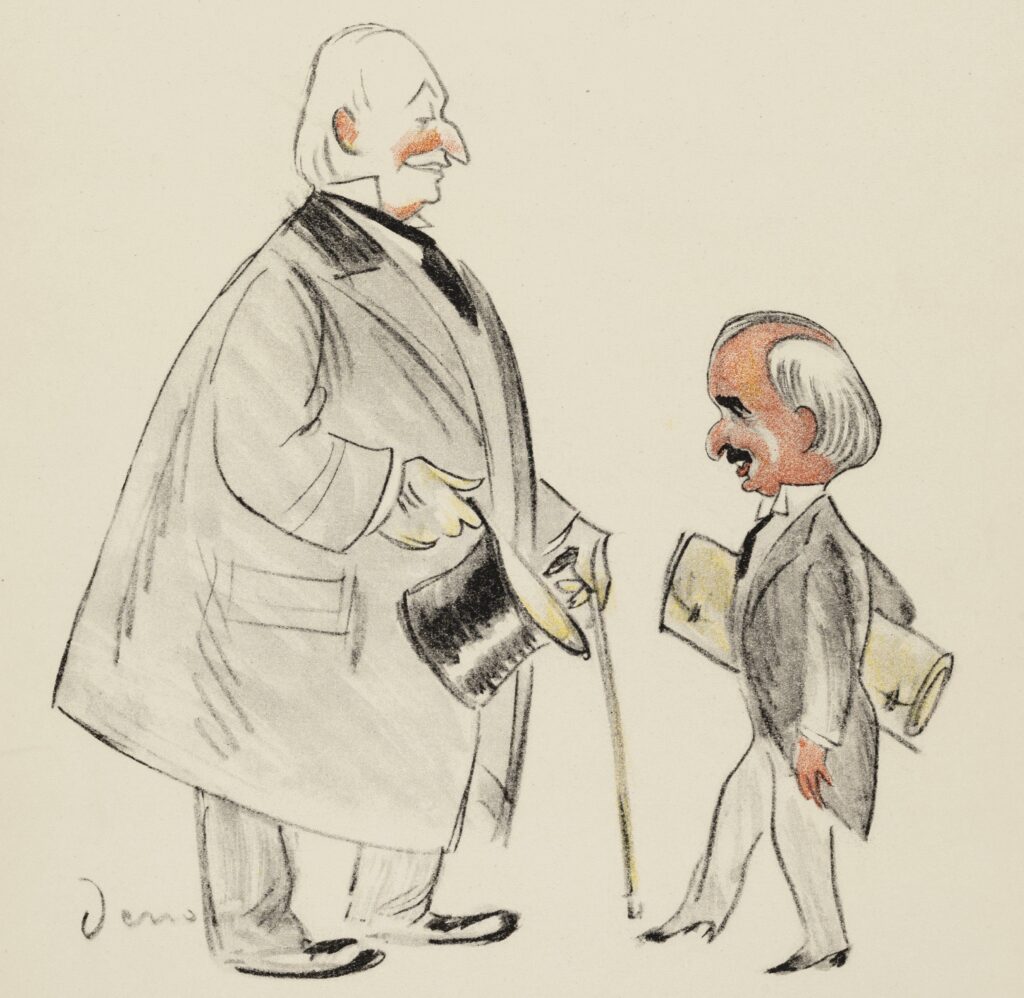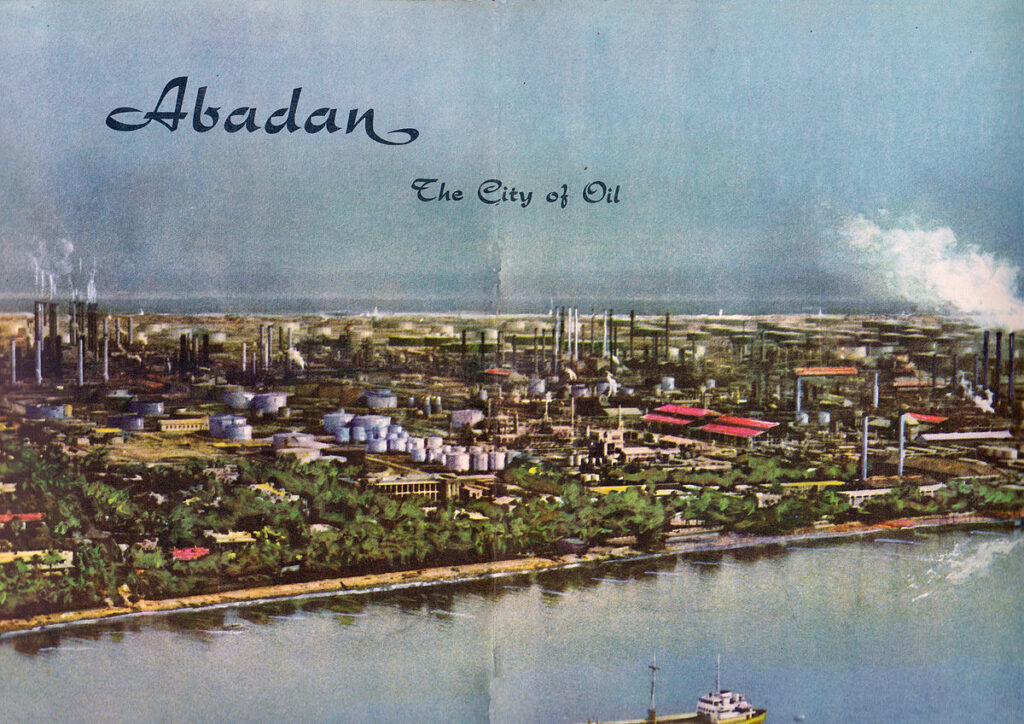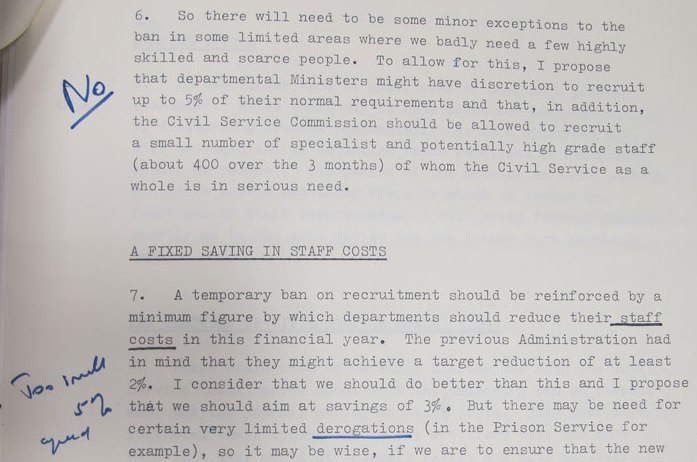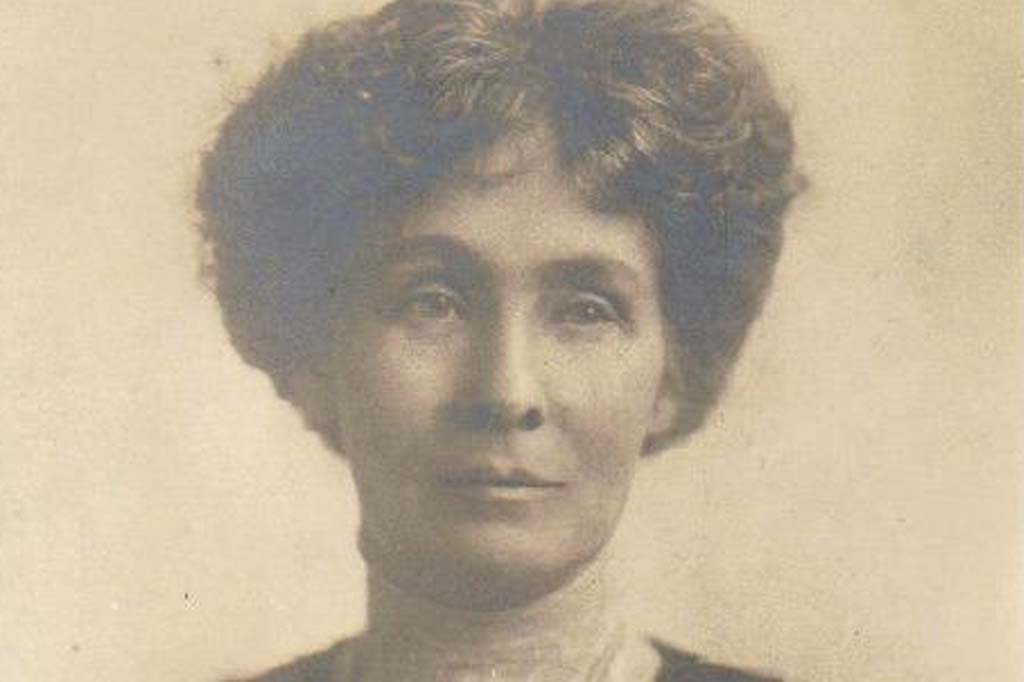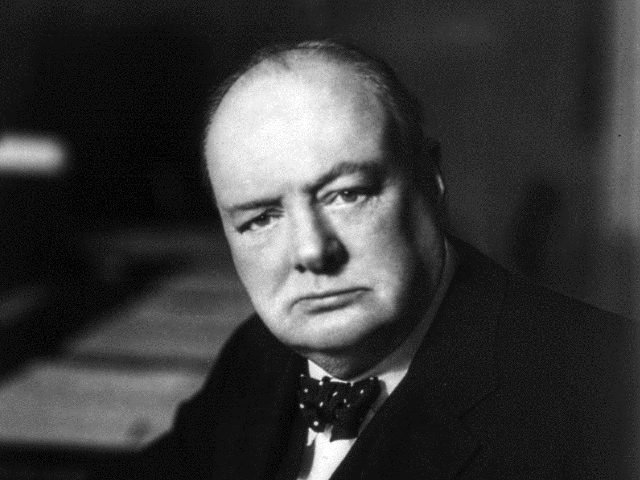Search results for VIPREG betwinner new promo code Cambodia
...new South African president, FW de Klerk. But de Klerk’s decision, and its timing, were the culmination of decades of political, economic and social change that had brought apartheid to...
...bomb was tested successfully in New Mexico. Its use, on 6 and 9 August, would lead to Japanese surrender and the final end to the global conflict. At Potsdam, Truman...
Sixty years ago simmering Cold-War tensions were dramatically brought to a head in Berlin. A new volume of documents from the FCDO Historians tells how Britain responded to the crisis...
...occupied the territory assigned to them. A new Turkish nationalist movement established its own representative assembly in April 1920, in Ankara rather than Istanbul, where the Sultan's government was based....
...and be published. After 60 years, this has been remedied. A new publication by the Foreign, Commonwealth & Development Office (FCDO) Historians reproduces the full report along with associated documents...
Soon after taking office a new Prime Minister receives special briefings from the Cabinet Secretary. One is on the ‘letters of last resort’, which give instructions to the commander of...
...Britain’s Olympic efforts, either personally or with state funding, is only a recent phenomenon. Tony Blair reacts to the news that London was to host the 2012 Olympics Most twentieth-century...
...Prime Minister (1975) Vernon Bogdanor, From New Jerusalem to New Labour: British Prime Ministers from Attlee to Blair (2000) Peter Hennessy, The Prime Minister: The Office and its Holders since...
...hope of instigating legal action against the WSPU leaders. February 1913 marked a new stage in the women’s suffrage campaign for, as Mrs Pankhurst threatened in her Cardiff speech, the...
...Instead, a BBC announcer read sections of it during the nightly news. You have, of course, heard him delivering it, but he did not make that recording until 1949, when...
